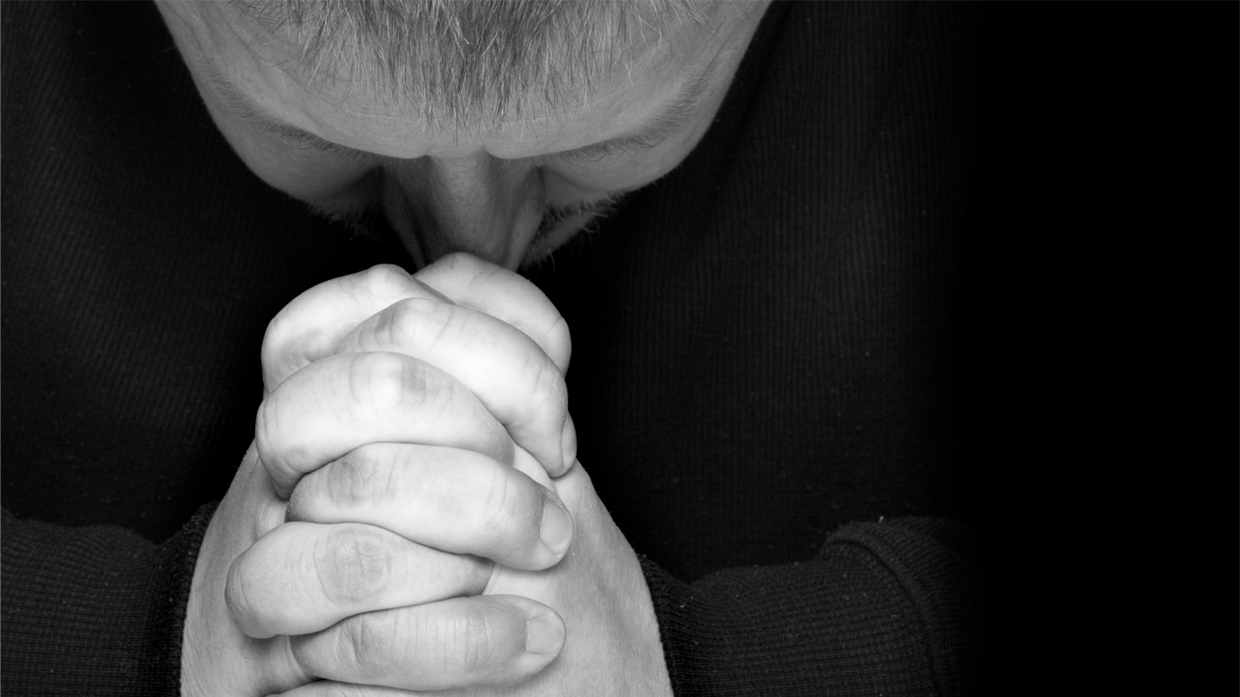You may be wondering if you should spend extended time focusing on God, and how exactly you’d do that. Here are answers to the frequently asked questions.
Why would I take a prayer retreat?
Shel Arensen, author of Come Away: How to Have a Personal Prayer Retreat, gives three reasons:
- Seeking God's face: You want time alone with God to get to know Him better (1 Chronicles 16:10-11).
- Asking for understanding and guidance: You have a big decision, and you need God's wisdom and counsel (Psalm 73:24).
- Bringing prayer burdens: Your heart is heavy, and you want to cry out to the Lord for help (Psalm 40:13).
We might add to this list: “4. Quieting your soul." Author Ruth Haley Barton tells of hitting a difficult time in her busy life. A wise person told her, “Ruth, you are like a jar of river water all shaken up. What you need is to sit still long enough that the sediment can settle and the water can become clear."
Does that picture describe you? Then you, like she, might recognize “an invitation to be still and know beyond my addiction to noise, words, people and performance-oriented activity."
What would I do on a prayer retreat?
No two people will organize a prayer retreat in the same way. There is no formula. Here are some options:
- Pray: praise God, confess sins, lament, thank God for small and specific blessings in your life.
- Listen: to praise songs, to nature, to the quiet.
- Read: the Bible, the Book of Common Prayer, or a book that feeds your soul. Some people like the prayers in Divine Hours by Phyllis Tickle or in the Face-to-Face books by Kenneth Boa. Don't take many books, though; your retreat is for prayer more than study.
- Fast: let your hunger lead you to God. Keep hydrated, though. You can keep up your blood sugar with juice or the limited diet of an Orthodox fast.
- Nap: yes, your body needs rest, too. Napping on a prayer retreat is not cheating.
- Move around: walk, kneel, stand, run, lie prostrate before the Lord.
- Create: do an art project you enjoy. Or write your questions and prayers and needs–and what you believe God is saying to you.
If you want more structure for your prayer retreat, Alone with the Lord: A guide for a personal day of prayer, by Gordon T. Smith, lays out 4 simple prayer sessions during a day that runs from 8am to 5pm. Or you might use this guide based on the writings of Brother Lawrence.
If I don't have a structure like that, how do I begin my day?
There is no one way, but you might start by talking to God about some of these questions–and listening for his response: What am I bringing into this retreat? What is my physical condition lately? What concerns and questions have been occupying my mind? What am I celebrating? What am I wondering about? Where do I hurt? Where have I seen God at work? What do I think God is inviting me into?
How long should I go? The thought of being quiet for hours, or of praying for hours, intimidates me.
Many people feel that way, but most finish a prayer retreat thinking, “I wish I'd had more time." For your first retreat, try 2 hours or 4 hours. Then try a full day, from 8am to 5pm. Then try overnight.
Where would I go?
Some place with quiet, beauty, and some privacy. There may be retreat centers nearby. It should be a place that makes you feel alive, and that allows you to unplug from daily demands. If you can't afford a retreat center, or can't stand the thought of being alone, you might try a park, an arboretum, the chapel at school or university, or a corner in a library or coffee shop.
What if I'm not very good at hearing from God?
Most Christians are better at hearing from God than they think they are. Write down what you think you're hearing, and then share that with a pastor or mentor.
For guidance and encouragement, read Dallas Willard's Hearing God or Jan Johnson's Learning to Hear God: a personal retreat guide.
Do I have to unplug from email and Facebook?
Yep.
Can I bring a friend to pray with me?
Sure. Spend part of the day praying alone, and part of the day praying with each other.
What should I expect to happen?
Lay down any expectation that you have “a really spiritual day" or “God will really meet you." You can tell the Lord what you need from Him, but go in with the primary goal to be close to Him. Don't expect dramatic, visible “results." Usually, prayer retreats have a quiet influence that may be more noticeable in days to come.
If you go in open, listening, and desiring God, you will be met by God.
Kevin Miller is vice president of pastoral resources for Christianity Today and a teaching pastor at Church of the Resurrection in Wheaton, Illinois. Karen Miller is a leadership coach with StrengthenYourLeadership.com. This article first appeared on www.churchrez.org









